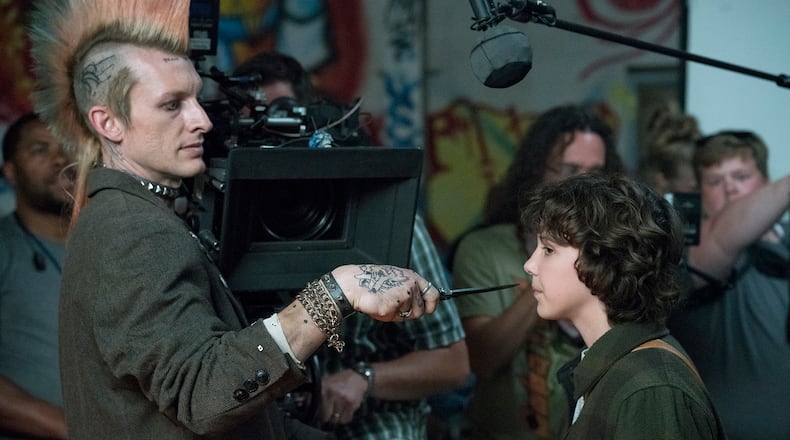The TV and film crews over the weekend ratified union agreements with TV and film producers passed by its leadership last month but in a way that might recall the Al Gore/George Bush election of 2000.
Membership of the International Association of Theatrical Stage Employees (IATSE) covering crew members in Los Angeles and New York narrowly voted against the agreement 49.6% to 50.3%. Those members working around the rest of the country voted for the agreement 52% to 48%.
The local union 479, covering most of Georgia crews, was significantly less enthusiastic, rejecting the deal by a whopping 66.5% to 33.5%, a two-to-one margin.
But due to an electoral system construct, more electors representing unions in both cases voted for the agreement. On the main agreement covering Los Angeles and New York, 58% of electors said yes. Electors for the rest of the country eked out a 52% yes vote.
The ratification vote uses a delegate system. Each local union has a certain number of delegate votes, based on size, contributing to the final vote.
IATSE and the film and TV producers were at loggerheads for months over the agreement, which is renewed every three years. IATSE was able to make it more expensive for producers to shoot on weekends and through meals, but many members felt the changes weren’t enough. The contracts still allow 14-hour workdays, which is often the norm on many productions nowadays.
There are also across-the-board 3% annual pay increases and even bigger raises for those lowest on the crew totem pole. The producers are also providing $370 million to shore up union pension and health funds.
Restive IATSE members overwhelmingly voted to allow leadership to strike in early October. That strike, which would have shut down most production in Georgia and elsewhere nationwide, was narrowly averted in mid-October when leadership came up with the main agreement. (The agreement covering crew members outside of Los Angeles and New York is closely aligned to the primary agreement.)
Hollywood shut down last year for several months after the pandemic began. When production started again under pandemic protocols, producers had to play catch up since demand for TV and film has ratcheted up in recent years with the rise of numerous major streaming services such as Disney+, Apple TV+, HBO Max and Peacock on top of Netflix, Hulu and Paramount+.
So workers the past year have been placed under more pressure to get more work done in less time. Georgia, now the third largest state for production of TV and film content, has seen a record number of active productions at any given time. Currently, the Georgia film office site has 60 active productions listed, near its peak of 62 a couple of weeks ago.
Interest in this particular deal was high. About 72% of the 63,000 eligible members cast ballots, double the turnout from the last ratification vote in 2018.
About the Author
Keep Reading
The Latest
Featured




